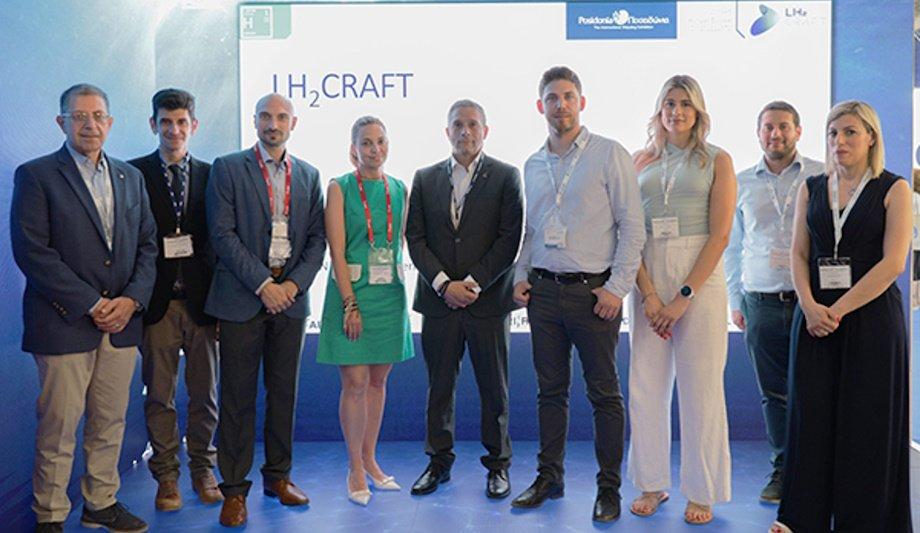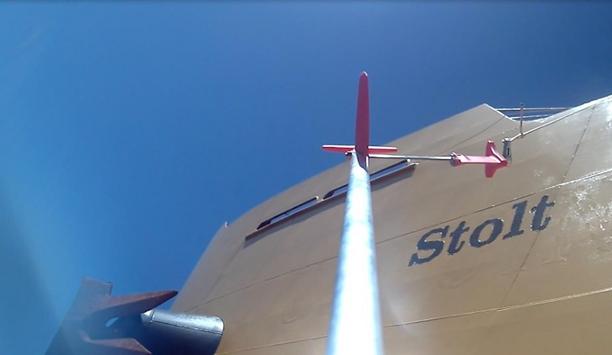ABS is supporting the innovative LH2CRAFT project, an ambitious research initiative funded by the European Union with the goal of revolutionising liquid hydrogen (LH2) storage on a massive scale catering to commercial vessels and emerging applications, all while enhancing safety, modularity, scalability and environmental sustainability.
Administered by Hydrus Engineering S.A. and Technische Universitat Dresden, the research consortium is comprised of 14 members from nine different countries. ABS will review the LH2 containment, handling and distribution systems as part of the process which works toward approval in principle.
Challenges of infrastructure development
Panos Koutsourakis, ABS Vice President, Global Sustainability, said, "Adopting hydrogen as cargo must overcome several technical challenges in addition to the traditional challenges of infrastructure development, regulatory frameworks, safety protocols and economic viability. However, these obstacles are balanced by substantial opportunities."
He adds, "In addition to contributing to global efforts to combat climate change, developing a hydrogen value chain can spur technical innovation, create employment opportunities and establish new markets."
Decarbonisation and sustainability solutions
The consortium is working to design a membrane-type containment system, leveraging the latest technology, capable of storing LH2 at frigid temperatures of −253 °C on a massive scale, reaching up to 200,000 m³. The project scope also includes the creation of a 10-tonne (180 m³) prototype to validate the new design.
ABS is the world’s premier classification society for gas carriers with more than 50 years of experience, and ABS is pioneering the maritime industry in comprehensive decarbonisation and sustainability solutions.











